The Clear-Cut Roles: Business Development Consultants vs Sales People
- PM
- May 17, 2024
- Edited May 17, 2024
Table of Contents
In the fast-paced business world, clear roles and responsibilities optimize performance and enhance the effectiveness of every team member’s efforts. Among the most crucial roles are those of the business development consultant and the salesperson. Although these roles might seem similar at first glance, their core functions, skill sets, and end goals are distinct.
In this detailed exploration, we will dissect the unique attributes of each position, shedding light on how each contributes to the overall success of a company. Understanding these differences is essential for any business aiming to grow its market share and improve its operational efficiency.
Defining the Business Development Consultant
A business development consultant is a strategist, a thinker, and an innovator. Their primary role is to identify new business opportunities—whether that means new markets, new partnerships with other businesses, new ways to reach existing markets, or new product or service offerings to meet the needs of existing markets better and then to act upon these opportunities. Typically, they work on a higher strategic level, crafting long-term growth plans that involve thorough market research, trend analysis, and business modeling.
These professionals are not focused on closing quick sales. Instead, they build relationships and develop strategies that cultivate an environment for sustained growth and profitability. They are often involved in planning marketing strategies, improving internal processes, and developing new business ventures that align with the company’s overall objectives.
Transitioning to the Role of a Sales Person
In contrast, a salesperson’s role focuses more on immediate results. Their key goal is to convert leads into actual sales, thus generating revenue for their company. Where a business development consultant plots the course for potential business growth, a salesperson executes these strategies at the ground level. They are the warriors on the frontline, interacting directly with the customers, understanding their needs, and persuading them to purchase the company’s products or services.
Salespeople are often highly skilled in communication, negotiation, and closing techniques. They must be adaptive, able to handle rejections, and ready to modify their approaches based on customer feedback and changing market conditions. Unlike the business development consultant, whose work is often behind the scenes, salespeople are the face of the company, the direct link between the business and its clientele.
How Their Strategies Differ
The strategies of a business development consultant and a salesperson also differ significantly. The consultant’s strategies are about broad vision and long-term changes. They might suggest business model alterations or propose entering an untapped market or geographic region. Their strategies often involve steps that pave the way for growth or efficiency improvements over time.
On the other hand, sales strategies are about immediate engagement and results. Salespeople focus on tactics that will increase the likelihood of making a sale in the near term. This could involve promotional campaigns, special discounts, or personalized customer interactions designed to convert leads quickly and efficiently.
Key Skills and Attributes
While both roles require a strong understanding of business and excellent communication skills, the specific attributes that lead to success can be quite different. A business development consultant needs to be a great listener, capable of understanding complex problems and crafting innovative solutions. They must be analytical and have a strong capability in project management and strategic planning.
Conversely, a salesperson excels with a more dynamic skill set. Effective salespeople are persuasive and have an innate ability to read and respond to various human emotions. They need to be energetic, enthusiastic, and persistent, with a knack for understanding and fulfilling customer desires on the spot.
Conclusion
Understanding the distinct roles of a business development consultant and a salesperson is crucial for any organization striving to optimize its business operations. While the consultant develops strategies to capture new opportunities and markets, the salesperson works tirelessly to turn those opportunities into tangible results. Together, these roles form a powerful duo that drives business success.
For businesses, recognizing and clearly defining these roles can lead to more targeted hiring, better team dynamics, and improved business outcomes. As the business environment evolves, so must our understanding of these essential roles. By fostering a deeper appreciation for the unique contributions of the business development consultant and the salesperson, companies can ensure they are well-equipped to face the challenges of today’s competitive market.
Read More:
Business Development Services

Jessica R.
Jessica is a seasoned GMP compliance consultant and technical writer specializing in pharmaceutical manufacturing, data integrity, and quality assurance. With over 12 years of experience working with global pharmaceutical firms, Jessica brings deep industry insights into FDA, EMA, and MHRA regulations.


